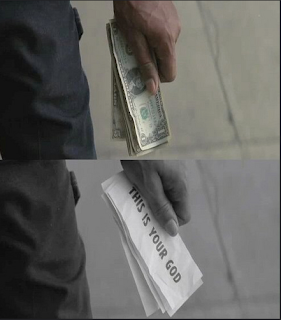This summer, well at least July, is the summer of the requel, to use the term coined by the Scream films. Jurassic World: Rebirth, Superman, and Fantastic Four: First Steps are all in different ways attempts to do the work of both a sequel and a reboot. They are entries in a series that also attempts to reset it and restore it.There is a phoenix like quality to the modern intellectual property franchise; when an individual film crashes and burns, like Jurassic World: Dominion, Justice League, and F4ntastic Four (or whatever it was called), it only adds fuel to the fire, to a desire to get the film right next time. Of the three only Jurassic World is a straight up sequel, the two others, Superman and Fantastic Four are less sequels to the existing films of that series, but the stakes are even higher, they are an attempt to restore not just one entire series, but an entire cinematic universe, which is to say an entire brand.




















